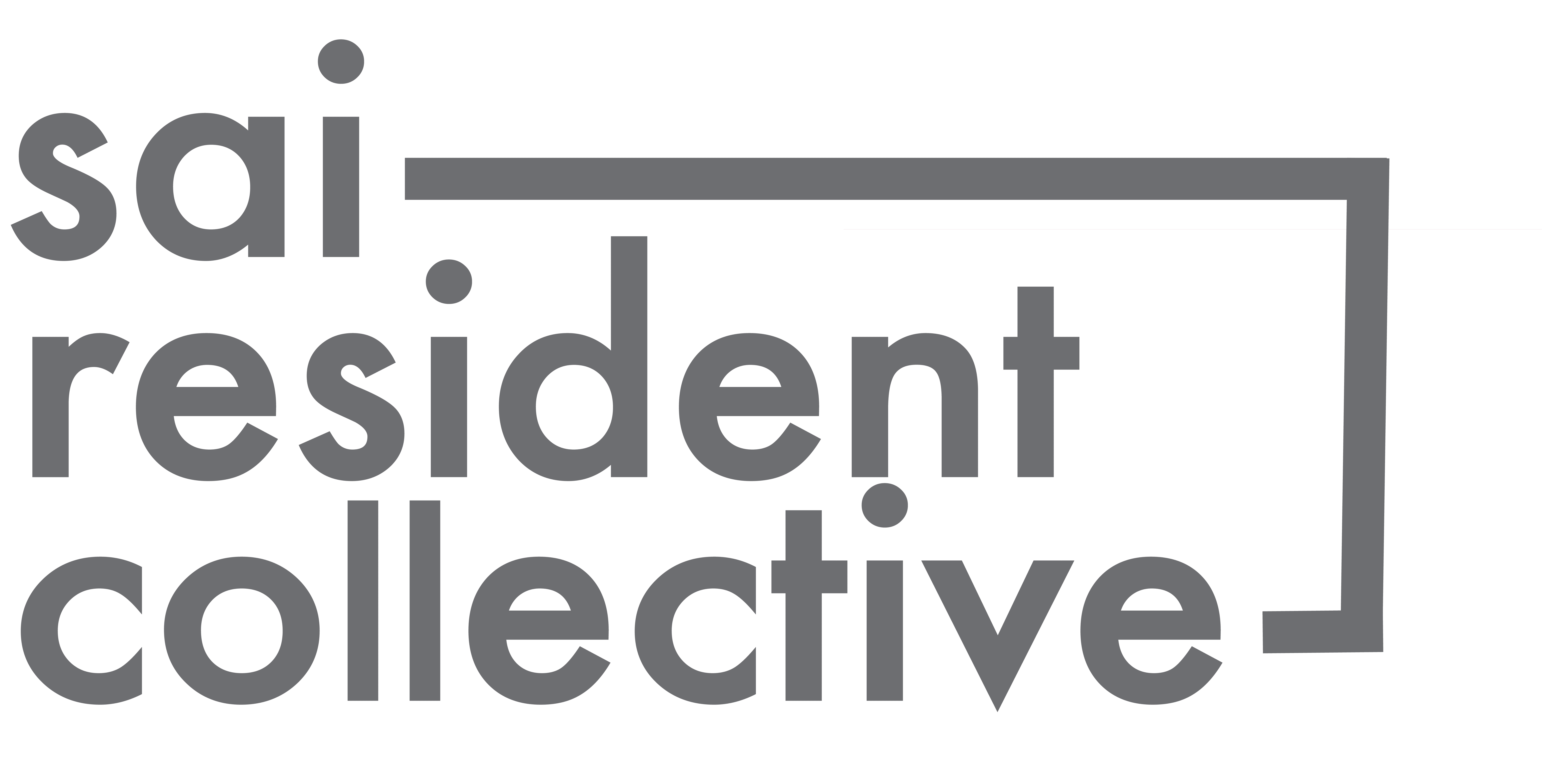- March 26, 2020
- Posted by: Team SAi
- Categories:

“This intensive weekend workshop introduces graduate students and post-docs in the sciences (including natural sciences, engineering, experimental social sciences, etc.) to communicating effectively – especially about controversial topics, such as climate change or evolution – with nonscientists such as policy makers, political stakeholders, the media, and the general public. Activities include role-playing, mini-lectures, hands-on practice writing blog posts and other outreach materials, real-time practice being interviewed for the media, and discussion with invited speakers.
We will begin on Friday afternoon with a panel of speakers talking about opportunities in public communication. After the panel, we’ll have pizza and veggies for more informal discussion with the panelists.
On Saturday, we start right out with writing for the public through press releases and blogs. You’ll get practice. Plenty of practice. Sunday is devoted to constructing a message and delivering it in a broadcast media interview. Throughout the weekend we’ll also meet other scientists and science communicators, learning from their experience.
This course is supported by the Department of Communication and the Careers Beyond Academia Program.
Course website
http://blogs.cornell.edu/scicommworkshop/
Instructor
Professor Bruce Lewenstein
303 Morrill Hall
607-255-8310 (office)
b.lewenstein@cornell.edu (e-mail)
Office hours: Tuesdays, 1:00-3:00
and happily by appointment
Class location
Plant Science 143
Learning Objectives
After participating in this workshop, students will be able to:
- Discuss science communication opportunities, both within traditional scientific careers and as standalone careers
- Begin identifying characteristics of potential audiences for science communication
- Write drafts of short texts (such as blog posts, tweets, and similar items) for non-scientific audiences
- Begin planning for media interviews
- Discuss social, ethical, and scholarly issues associated with science communication
Assignments and grades
You will write some combination of your own press releases, blog posts, and tweets on the first day of the workshop, and you will both conduct and be the subject of a video interview on the second day. The course is graded S/U and all I expect is a reasonable effort.
Students with special circumstances
Cornell University (as an institution) and I (as a human being and instructor of this course) are committed to full inclusion in education for all persons. Services and reasonable accommodations are available to students with temporary and permanent disabilities, to students with DACA or undocumented status, to students facing mental health issues, to students with other personal situations (such as family emergencies or religious observances), and to students with other kinds of learning needs. Please feel free to let me know if there are circumstances affecting your ability to participate in class. Some resources that might be of use include:
- Office of Student Disability Services, https://sds.cornell.edu/
- Cornell Health (Mental Health Care), https://health.cornell.edu/services/counseling-psychiatry
- Undocumented/DACA Student Support, https://scl.cornell.edu/identity-resources/undocumented-daca-support
- Learning Strategies Center, http://lsc.cornell.edu/
- Office of Spirituality and Meaning Making/Cornell United Religious Work, https://scl.cornell.edu/identity-resources/office-spirituality-and-meaning-making
I would be glad to help you identify other resources if needed.
IN ADVANCE OF THE COURSE:
Come with a brief (100-200 word) written summary of your own research. You will use this summary as the basis for class activities. If you are interested in science blogging, set up your own blog site in advance (Google’s Blogger service, http://www.blogger.com/home, is pretty simple to use, but you’re welcome to try another service if you prefer; WordPress, https://wordpress.com/, is also useful if you want a full website). If you don’t yet have a Twitter account, you might set one up, too.
You will need a computer or tablet (probably with a keyboard), as you will be looking at things online and writing during the workshop.
Schedule
Friday, 6 March
4:30 pm Panel: Opportunities for public communication of science
- Tristan Fehr, PhD student at Icahn School of Medicine at Mount Sinai in NYC, Executive Editor for NYC Science Communication, and founder and co-chair of Mount Sinai chapter of Out in STEM (oSTEM)
- Becca Harrison, PhD student in Science & Technology Studies at Cornell, and active tweeter
- Lyza Maron, Senior Research Associate at Boyce Thompson Institute and science writer
- Nyasha Mudukuti, Science Communication and Networking Associate at the Cornell Alliance for Science
- MODERATOR: Rachel Sandman, PhD student in genetics at Cornell, and science writer for “Beauty meets Science” blog
6:00(ish) pm Pizza & veggies, informal discussion
Saturday, 7 March
9:00 am The basics of writing science for the public
10:30 am Break
10:45 am Developing and writing your own stories
12:00 pm Lunch (on your own)
1:00 pm Writing for social media
Guest speaker: Ana Maria Porras, Presidential Postdoctoral Fellow, Cornell
Curator of #MicrobeMonday/#MicroMartes on Instagram
And lots more
2:00 pm Break
2:15 pm More time actually writing, sharing ideas and drafts, getting comments
from colleagues, etc.
3:00 pm Let’s talk about pictures and video
4:00 pm Break
4:15 pm The science communication system
5:00 pm End of (organized) day
8:00 pm REVISED PRESS RELEASES/BLOGS DUE
Sunday, 22 September
9:00 am Critique of press releases/blog postings
9:30 am Rewriting, brainstorming, using images
10:45 am Break
11:00 am Developing and delivering media messages
Hands-on practical instruction and practice about developing messages
Gillian Rose Smith, Cornell Media Services
12:00 pm Lunch (on your own)
1:00 pm Being interviewed
Hands-on practical instruction and practice in being interviewed
on camera
3:00 pm Break
3:30 pm Closing speaker:
Fanuel Muindi, Assistant Director of Graduate Programs, Harvard Department of
Molecular & Cellular Biology; founder and co-director of STEM Advocacy
Institute, which supports the Journal of Stories in Science, of which he is co-
editor-in-chief.
4:30 pm Graduation (not really – this is what time we’ll end!)
